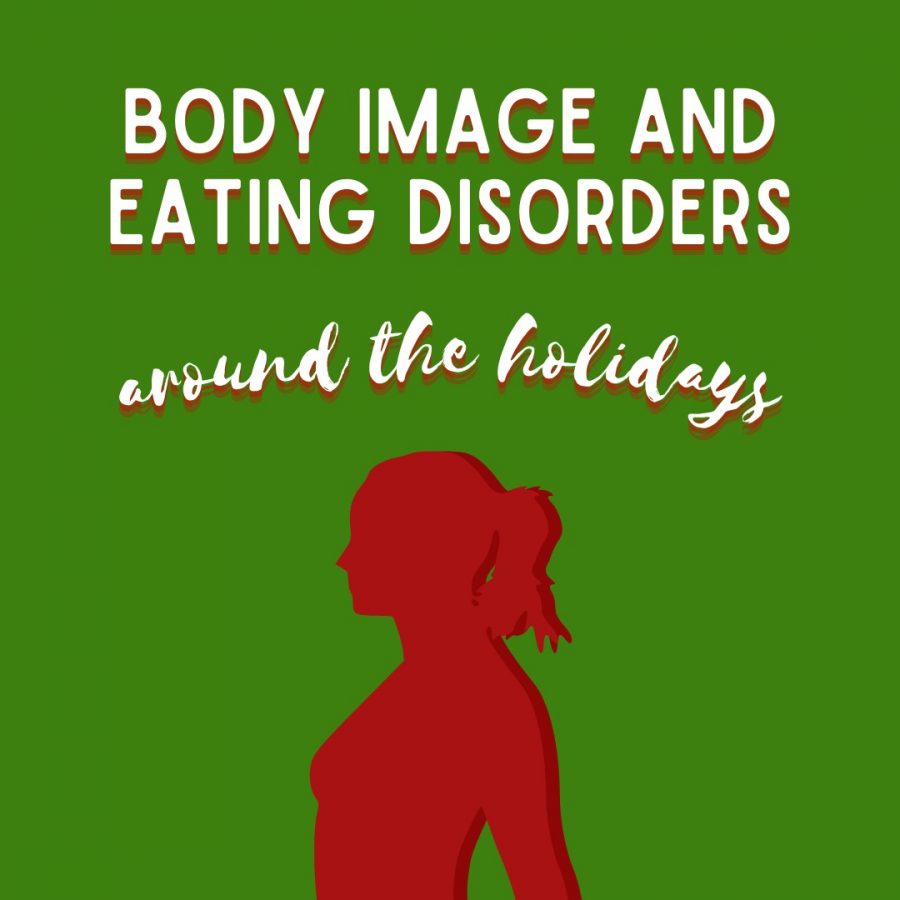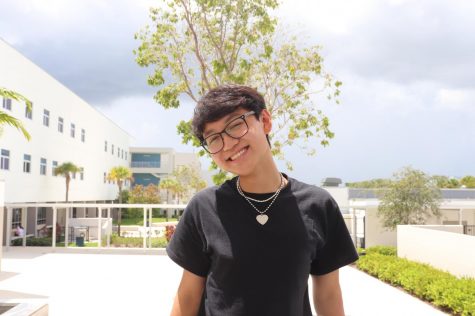Making Mental Change: Handling Relationships with Food Around the Holidays
December 16, 2021
Anyone who has struggled or currently struggles with an eating disorder or any related issue should not read this article if these topics trigger certain behaviors. Please remember that the National Eating Disorders Association offers support through the helpline (800) 931-2237 and their crisis helpline (text “NEDA” to 741741). In instances of emergency, please contact 911. If you or someone you know is struggling, reach out to a trusted adult for counseling.
Yes, the holidays remain one of the most beautiful and exciting times of the year. But with an abundance of food, making balanced decisions — as well as not feeling guilty about them — can be challenging for some.
Around the country and the world, many people associate guilt with eating certain types or amounts of food; over time, these feelings can evolve into an eating disorder, or a disturbance in behaviors, thoughts and attitudes relating to food, eating and body weight or shape.
The National Institute of Mental Health categorizes eating disorders into three main illnesses: anorexia nervosa, bulimia nervosa and binge-eating disorder; each illness stems from a series of biological, social or cultural factors. According to the National Eating Disorders Association, approximately 20 million women and 10 million men have or have had an eating disorder at some point in their life.
While individuals can struggle to balance food around the holidays, one can adopt mental strategies to ensure one can enjoy the holidays safely and healthily, according to the Eating Disorder Foundation.
- Plan Ahead
When anticipating a large holiday gathering or event with “triggering” foods, work with yourself or a trusted individual to determine how to address the stressor. For instance, if one anticipates a Christmas dinner, one could work with a nutritionist or advisor to determine how to properly nourish one’s body at the holiday table.
- Set Healthy Boundaries
In regards to conversations with family and friends, it is imperative to set food-related boundaries if one struggles with an eating disorder or food intake in general. Work on redirecting the conversation or educating and informing others.
Individuals can also set healthy boundaries with themselves — after all, self-care remains imperative to a healthy body and mind. Being flexible about one’s food intake and preparing a positive response to possible negative thoughts regarding food can increase mindfulness and reduce guilty feelings surrounding food.
- Change Your Focus
During the holidays, try focusing on meaningful experiences. For instance, visit the beach with loved ones or try a new hobby such as journaling. Practice gratitude at the beginning and end of each day to remind oneself of the little things in life that can be really meaningful..
Throughout the holidays and during the year, no one is ever alone. Each individual person and body shape is unique and perfect in its own way. Splurging every once in a while — taking an extra cookie or portion of macaroni and cheese — is perfectly healthy and well-deserved.
Despite this, relationships with food differ for each person. As the holidays continue, it remains essential for one’s overall well-being to try to maintain a balanced perspective on food.









